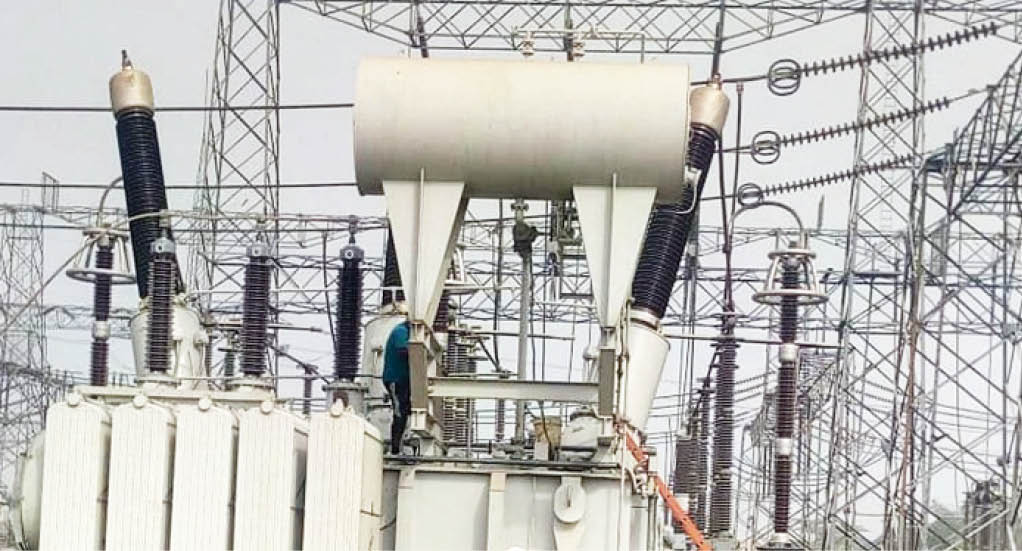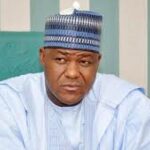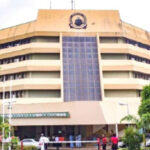As if to show that Nigeria’s democracy is yet to fully evolve to the place where it can give fully to the people, a metaphor aptly presents itself in the Nigeria`s power sector, in the wheeling and dealing which have aggressively worked hand in hand for many years now to keep Nigeria enmeshed in darkness.
The inability of Nigeria’s power sector to give Nigerians steady power supply has continued to defy successive administrations to the eternal frustrations of Nigerians. Nigeria`s political vultures have been known to feed voraciously on these frustrations. During elections, they know to tell Nigerians that they will fix power in the country. However, for many years now, the experience of the sector mirrors the experience of Nigerians and it is one of anguished frustration.
So why is it that more than six decades after independence, and more than two decades after the return to democracy, Nigeria has been embarrassingly unable to fix its power sector? Many factors go to answer this question. However, only very little doubt exists that chief among these factors is a lack of political will which embraces the question of strong leadership in resolving Nigeria`s power challenge, and also the unwillingness or inability to confront crippling corruption.
Nigeria`s power sector has been a kind of bottomless pit into which so much resources have been plunged with puzzlingly little to show for. For example, between 1999 and 2007, about $16 billion was said to have been sunk into the power sector. Nigerians know that it was the cankerworm of corruption that consumed most of the resources. Many of those who handled the resources within that period are still alive. Inexplicably, those who should ask questions have remained tongue-tied over the fortunes of the power sector.
Then, the national grid is always collapsing to leave Nigerians in the claws of gripping darkness. Recently, when yet another collapse was recorded, the Federal Ministry of Power blamed saboteurs for the collapse.
All things considered, Nigeria’s lack of steady power supply has continued to prove costly. The country`s desire to be on the path to economic development with content citizens who are driving its economic transformation has remained a pipe dream for many years. Small businesses, usually the pine of every strong economy, have continued to suffocate in the darkness foisted by extremely poor power supply.
When these businesses put the cost of sourcing for alternative sources of power alongside other costs that necessarily come into play in running a business, they find the Nigerian business environment to be unduly harsh. It is not usually long before many of them fold up, sending many dreams hurtling through the window, and making the slope of poverty and unemployment even more slippery.
The fact that it is not just the economy of the country but practically every aspect of national life that is affected by poor power supply is also highlighted by the experience of patients in Nigerian hospitals. In many hospitals, especially those owned and run by the government, it is not uncommon to see patients give up the ghost because critical care came too late, delayed by epileptic power supply.
A lot is broken in Nigeria today. Fixing what is broken can begin from fixing an extremely brittle power sector.

 Join Daily Trust WhatsApp Community For Quick Access To News and Happenings Around You.
Join Daily Trust WhatsApp Community For Quick Access To News and Happenings Around You.


